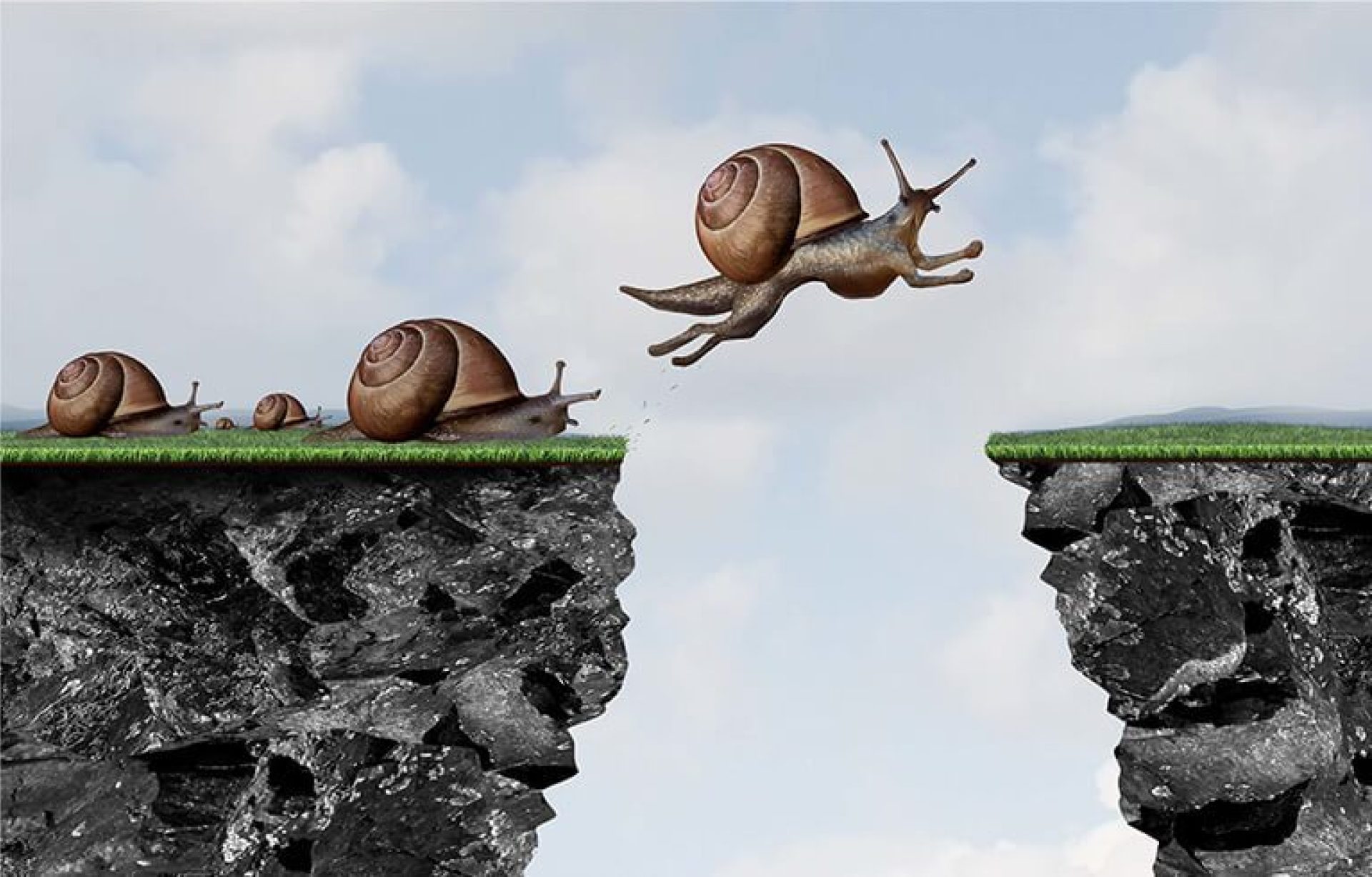Creating adaptive leadership capability amongst changing conditions is a must for our organisations. Leaders today are facing two substantial, but competing demands. Firstly, to lead in a way that delivers and executes on today’s priorities and demands. That is to run the business well for today. And secondly, leaders must adapt, drive change and build capacity for their business to thrive in a new world.
When I worked in the corporate world we used to say that we were building an A380 whilst still flying the plane. When I think back to that metaphor a plane is the last thing you would want to be transforming whilst in mid-air but I guess we thought it was a great example of needing to deliver for today whilst adapting for the future.
In Charles Darwin’s often quoted book, The Origin of Species, Darwin observed “those who learned to collaborate and improvise most effectively have prevailed”. He published this in 1859 and yet the recognition that the ability to adapt better to change than your competitors will help you to survive is more relevant than ever.
How can leaders ensure their people are collaborating and improvising effectively in the face of constant change? Effectively being the key operating word here. Collaboration has long been at the core of our leadership work but most importantly, the need for individuals to understand what makes 1+1 = 3.
Collaboration is highly dependant on trust. And trust is not only built on a foundation of technical knowledge, expertise and reliability but first and foremost on relationships.
The leap for an Adaptive Leader is from what they know and can consistently produce to what they can achieve if they improvise and give something different a try. A lot can be learnt from improv theatre and comedy in terms of collaboration and teamwork.
A few rules of improv can be used to think about adaptive leadership differently:
- Say yes. This means you respect your colleagues and the idea put forward.
- Contribute something. Say “yes and” – add to the conversation.
- Make your colleagues look good.
- Pay attention, listen and observe.
- No mistakes, only opportunity. In improv great scenes are built when mistakes are turned into comedic opportunity.
Source: https://www.crowdspring.com/blog/teamwork-collaboration-and-improv-comedy/
There is so much learning in the points above for our leadership. To experiment with these ideas think about the state you need to ‘be’ in to effectively model this. To respect your colleagues’ ideas and give them a half life before judging them as not aligning to your own way of thinking or your own ideas. Think about what it really takes for you to truly pay attention, to listen and to observe.
This state does not come naturally to most leaders who are running from meeting to meeting and in the action all day. It will take a deliberate pause and re-set to be able to take advantage of a different way of being and thinking. And only when we do this can we experiment with this adaptive zone of exercising leadership.
When forced to give new things a try, especially these last couple of years, the capacity of leaders to adapt has been heightened. Are we going to fall back to old conformist ways or harvest the practice we’ve had at this new ways of working, new ways of leading, new ways of collaborating and improvising?
Follow us on: LinkedIn Instagram Facebook

